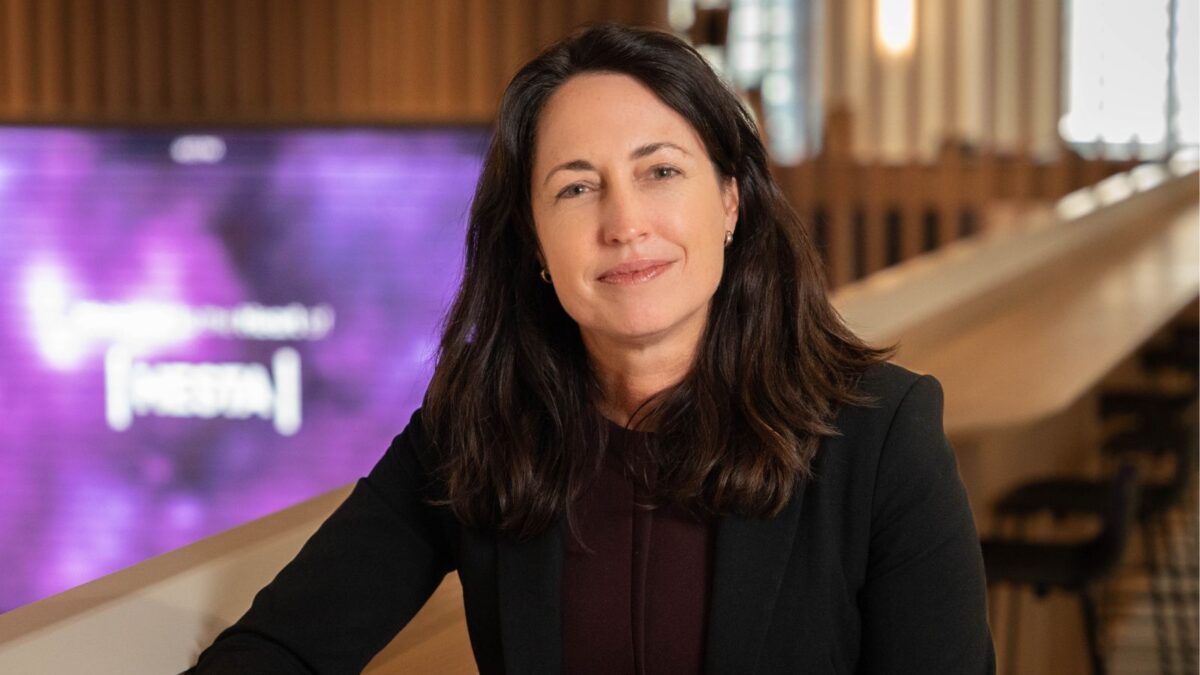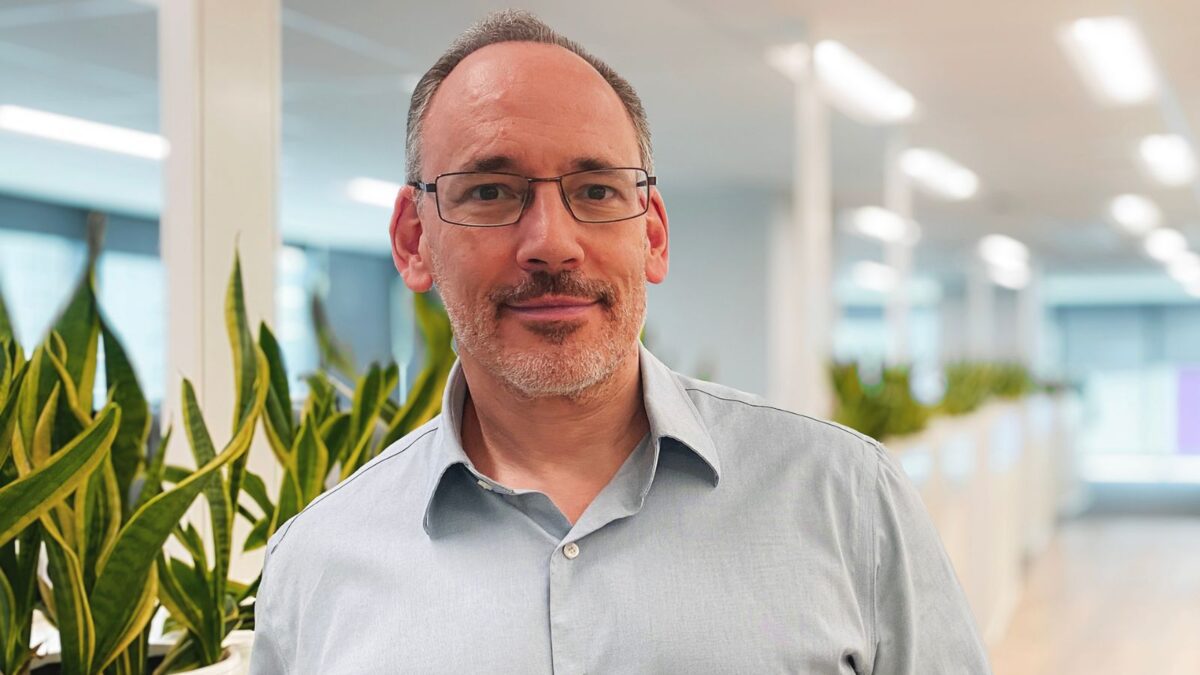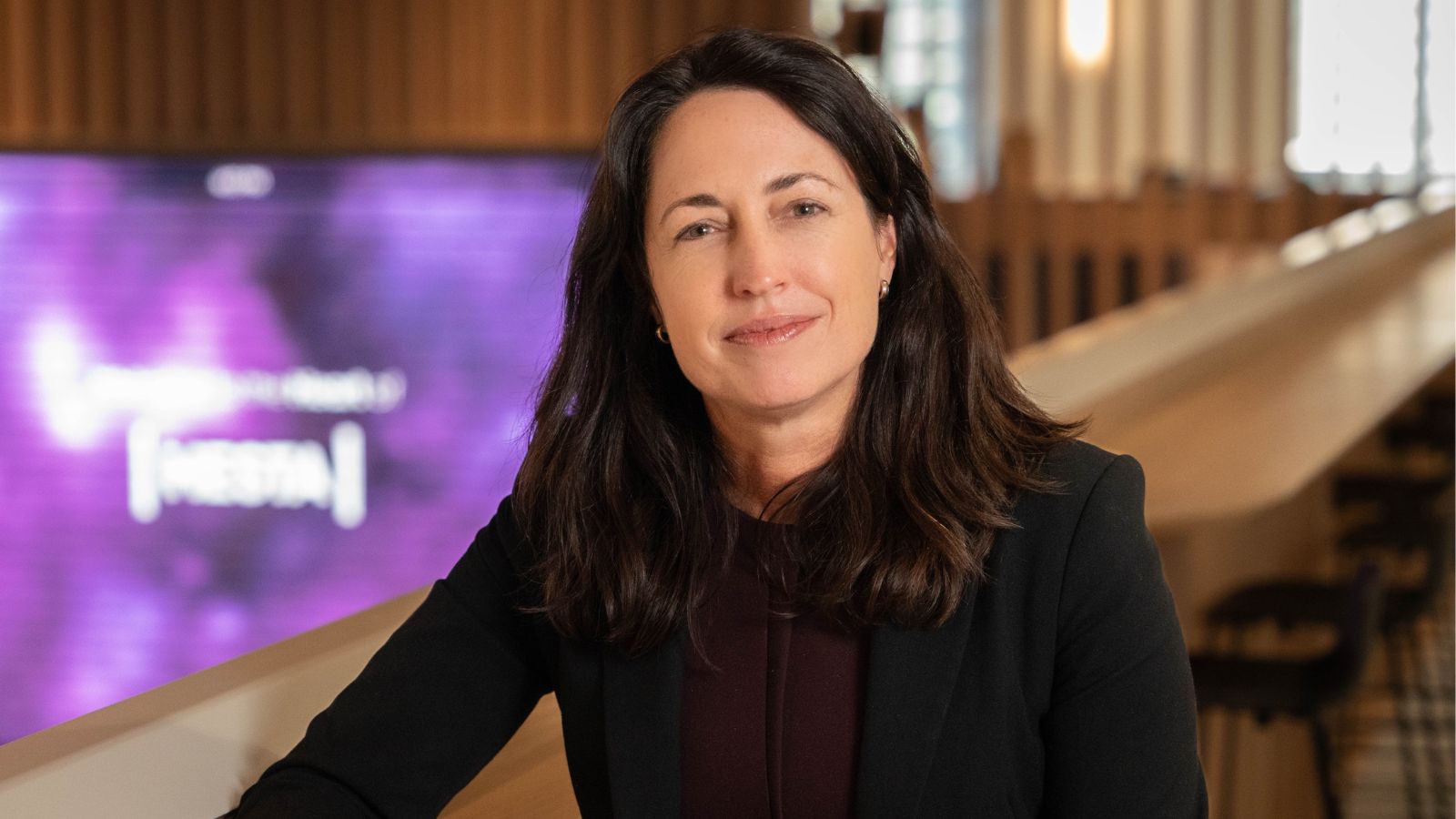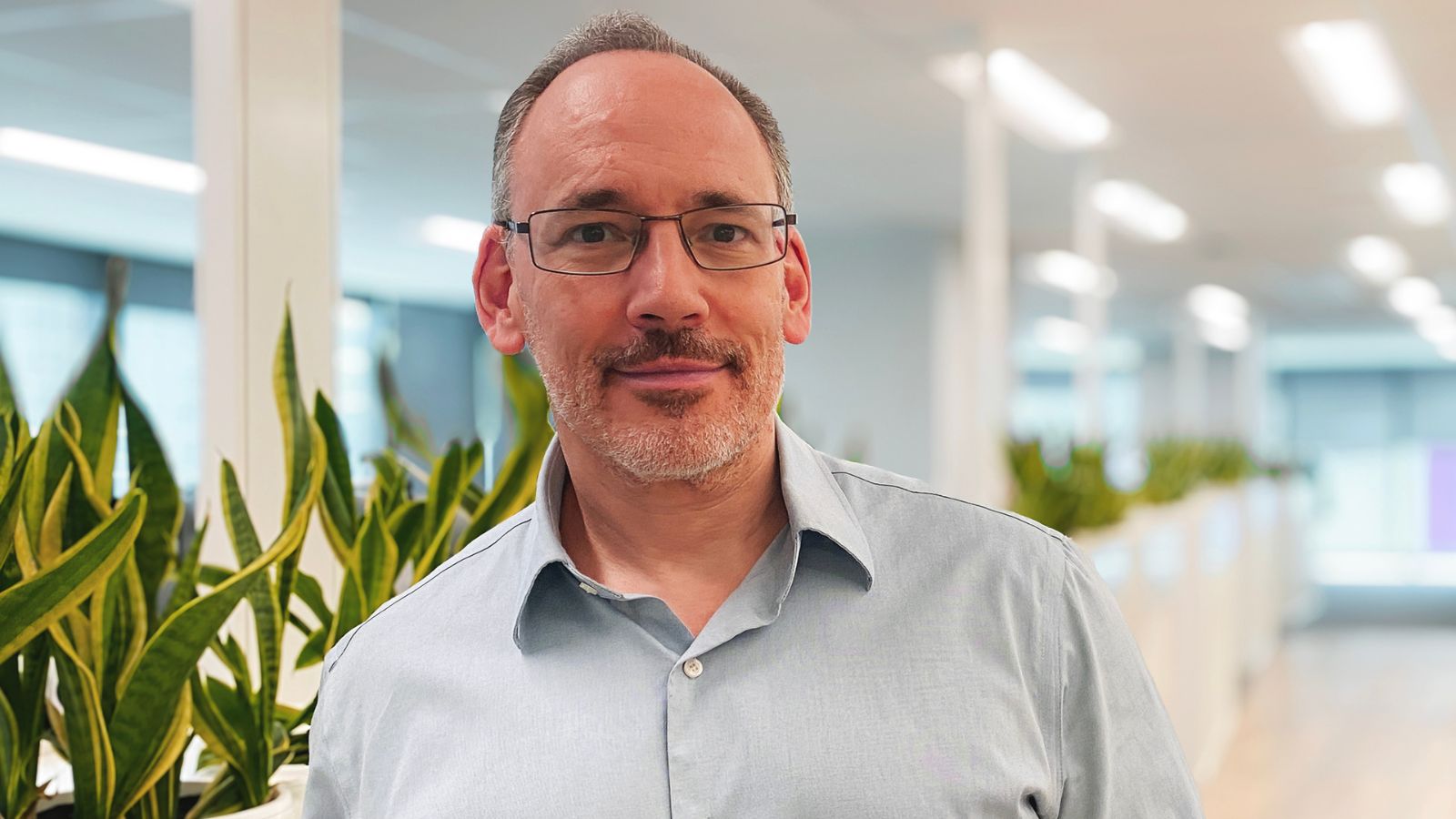Asia getting into line with fund stewardship trend
(pictured: Benjie Fraser)
Asia is lifting its game with the adoption of ESG principles, according to JP Morgan Investor Services, as big pension funds and other institutions are starting to widen their brief to embrace a UK-style “stewardship code”.
Benjie Fraser, UK-based global pensions executive for investor services at JP Morgan, and regular visitor to Australia and Asia, produced a note this month in which he canvassed the growth of responsible investing around the world and also posed some questions about likely future developments.
Almost 10 years after the formation of the UN PRI, of which a lot of Australian funds and managers are members, Fraser said the adoption of a stewardship code by the US$1.3 trillion Japanese GPIF fund in 2014 was a shot in the arm for ESG in the region.
“But it’s not just about ESG,” he said. “It’s about a ton of things to do with the alignment of interests of the three main parties in the chain: the asset owners, the asset managers and the companies in which they invest… ESG is part of a wider framework which was not envisaged in 2007 [when UN PRI started].”
Fraser said that while the trend was still “a work in progress” funds could now demonstrate that a “double bottom line” of good returns returns and good governance, did work. But he said it was still a “subjective area” which was probably why governments had by and large stopped short of intervening on investment stewardship.
The JP Morgan note followed the annual Australian Superannuation Investments conference early this month where the stewardship of capital was discussed by representatives from big funds. AIST, the conference convenor organisation, has its own code of practice for members which includes a gender diversity target for super fund boards among other things.
AIST also commissioned former trustee and Reserve Bank Governor Bernie Fraser to produce a report on the Government’s now-lapsed proposal to force fund boards to have three independent directors, three employer reps and three employee reps. Fraser said this could have led to the development of a UK-style stewardship code in Australia.
Seamus Collins, the Sydney-based executive director of senior superannuation relationships, has been working with Fraser on the stewardship subject for pension funds and managers.
He said that, as with many other countries, Japan had had a big home-country bias for investments by its pension funds. However, when the GPIF’s rules were relaxed so it could move more money offshore, the fund looked to introduce a new governance structure around that.
Fraser said pension fund boards were starting to look more like corporate boards but there was a lot of disparity among the top 300 funds.
A positive move in the UK which would lead to public sector funds obtaining more scale was the plan to go from about 90 public funds to eight or so. They account for about US$300 billion.
Some questions Fraser posed for the industry included:
- Why has the adoption of ESG been so slow/
- What does ESG look like for an asset manager – is it simply an additional due diligence function/audit/counterparties’ risk assessment?
- What does active engagement with companies mena for asset owners and managers?
- What will be the tipping point that changes ESG from optional to mandatory ? (Fraser believes this could be an international accord to fight climate change.)
- What is the optimal governance model for institutional investors? and
- Can large schemes perform all investment governance functions in-house or is there a need for external support?









